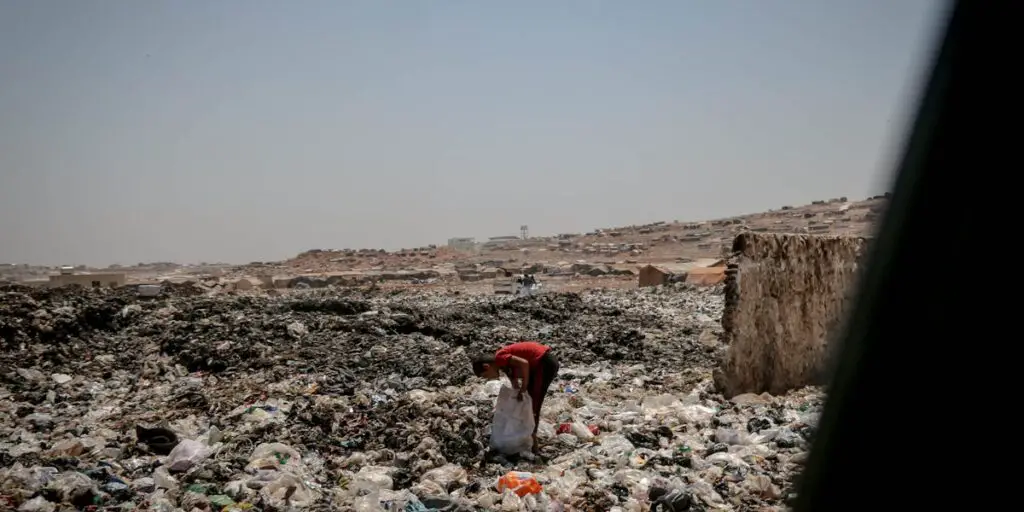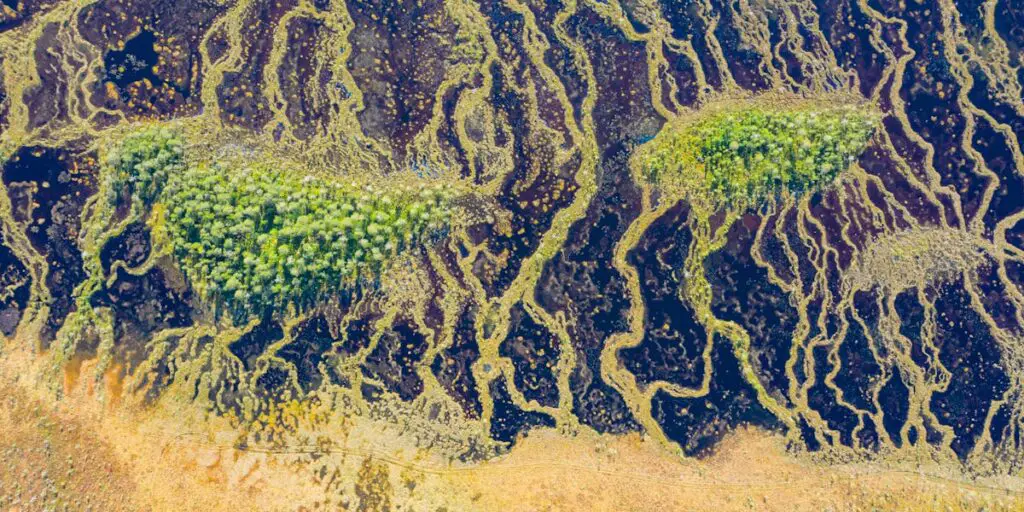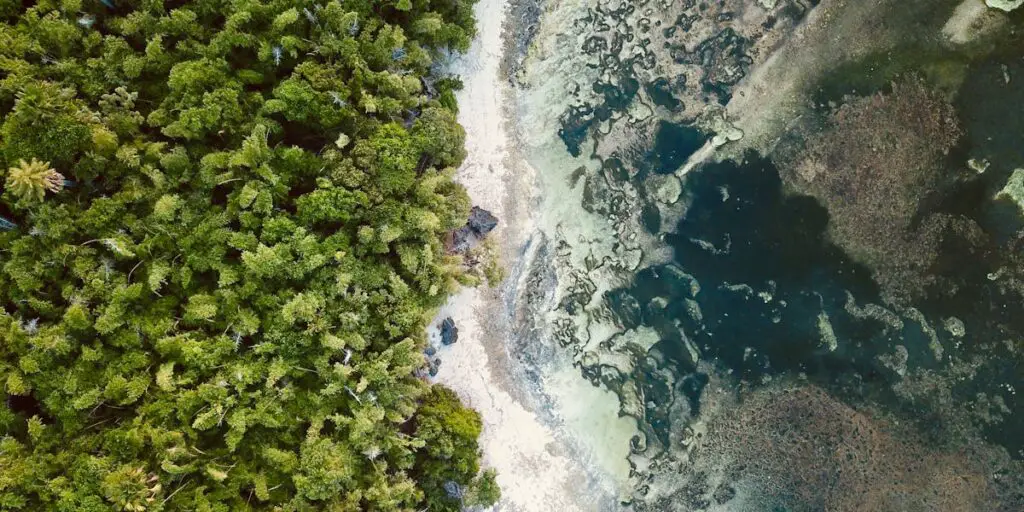Acid Rain and Its Effects (600 words)
Acid Rain and Its Effects Introduction Acid rain is a global environmental issue resulting from the deposition of acidic components in precipitation, such as rain, snow, sleet, or even dry particles. It occurs when sulfur dioxide (SO₂) and nitrogen oxides (NOₓ) are released into the atmosphere, react with water vapor, oxygen, and other chemicals, and […]
Acid Rain and Its Effects (600 words) Read More »










